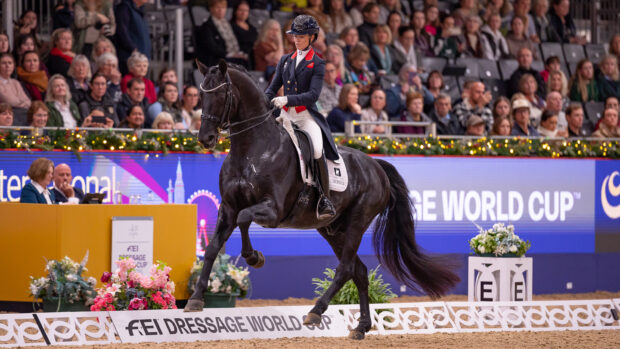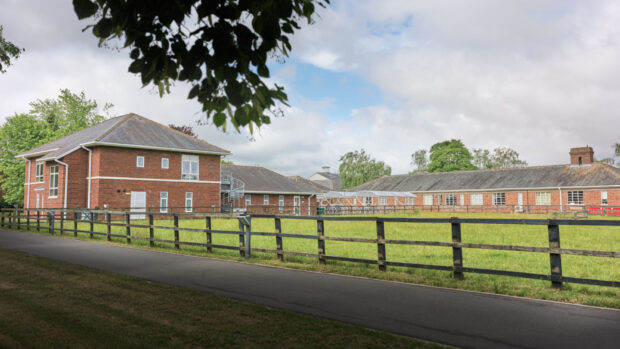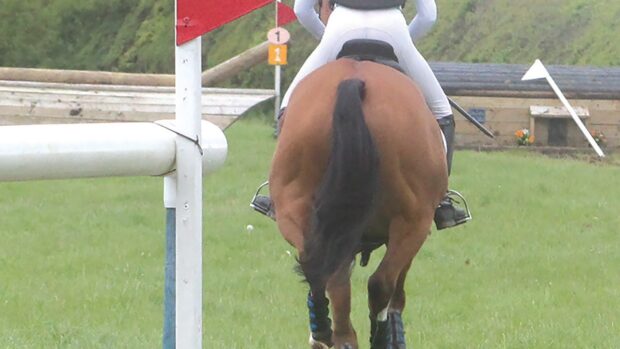The Animal Welfare Bill is back on the governments agenda and it includes plans to introduce new regulations for livery yards and riding schools.
It figured among the 44 bills mentioned in the Queens Speech, which Parliament will debate by November 2006. The Bill had first been proposed in the last session of Parliament, prior to the election, and intends to tighten and bring together current legislation.
At the moment, the cornerstone of animal welfare protection is the Protection of Animals Act, which dates from 1911. Another 20 different laws deal with cruelty, but they are all deemed inadequate by animal welfare organisations because an animal has to suffer before his owners have to face prosecution.
This is the most comprehensive review of the law on pets for a century and will set the framework for the next century, animal health and welfare minister Bill Bradshaw said when the draft was first published last summer.
The new bill would update the definition of cruelty given in the 1911 Act to suit modern standards. It would also introduce a duty of care making anyone who keeps animals responsible for their welfare extend the powers of welfare inspectors to take action that can prevent animal suffering, and stiffen the penalties for severe cruelty offences, such as staging a dog fight.
A small portion of the bill, which is currently in draft stage and was being examined by the Environment, Food and Rural Affairs Committee when the election was called, deals specifically with the equestrian industry. It proposes to update the rules for riding establishments and introduce new rules for livery yards.
Under the new law, yards would have to be licensed to fix the anomaly which allows them to remain unchecked when other animal boarding establishments all require a licence. There are welfare concerns about some livery yards that have been set up recently in response to the rise in horse ownership and the encouragement given to farmers to diversify. These concerns have been heightened following some recent prosecutions involving the proprietors of livery yards, the draft Bill states in Annex F.
The new licensing system would be loosely based on the current BHS scheme. Yards would have to pay £165 for an 18-month licence plus possible additional costs [of up to 1,000] to achieve minimum welfare standards. Those establishments which raise welfare concerns would probably be closed.
The new regulations would be phased in next year and would require both riding schools and livery yards to be inspected every 18 months, although in the case of livery yards veterinary surgeons would only attend the inspections every five years.
The ILPH hopes that the draft Animal Welfare Bill is approved by parliament as soon as possible, and that its introduction will serve to improve the welfare of all animals, including horses, says the ILPHs head of political and European affairs, Jo White.



